
Unraveling the Mystery: Why the Debate Over Matvei Michkov Defies Logic
There’s been a simmering controversy swirling around the Philadelphia Flyers this season, and it boils down to one question: Is Matvei Michkov, the team’s promising sophomore forward, really getting the chance to shine under Coach Rick Tocchet’s regime? You know, rookies often have to cut their teeth slowly — it’s part of paying their dues. So when Michkov, just 20 and fresh off a 16:41 average ice time last season, saw that stretch shrink to 14:53 this year, fans and pundits alike started to wonder if Tocchet’s strategy is clipping his wings. Now, with Michkov’s points per game taking a hit and skeptics arguing he hasn’t earned those coveted minutes — especially since he’s not locking down penalty kills — the debate gets pretty heated. But here’s the kicker: Michkov has proven he can dominate as a 20-minute guy, recent games under a previous coach showed flashes of brilliance with points piling up. So, what gives? The Flyers’ handling of Michkov’s development could very well be the fulcrum that swings this season either way. It’s high time the team finds the magic combo that lets their franchise star really thrive, rather than holding him back in frustrating roles. After all, watching your top talent sidelined isn’t just baffling — it’s downright maddening for the devoted fanbase.
The great debate for the Philadelphia Flyers so far this season has been whether or not star sophomore forward Matvei Michkov is getting a fair shake under new head coach Rick Tocchet and being put into positions to truly succeed.
Virtually every young draft pick, like Michkov, has to spend time learning the ropes during their rookie season. That is why it wasn’t a real surprise to see the 20-year-old Russian finish the 2024-25 season averaging 16:41 a game.
Advertisement
This season, though, under Tocchet, that number has plummeted nearly two full minutes down to 14:53, and, as a result, Michkov’s offensive production has suffered.
With five goals, five assists, and 10 points in 21 games, Michkov is on pace for a measly 20-goal, 40-point season.
That said, though, despite a 33% regression from Michkov, Tocchet still has his supporters who believe the Flyers’ franchise player hasn’t earned further opportunities.
For example, former NHLer Colby Cohen argued for Daily Faceoff that, because Michkov doesn’t kill penalties, “he’s never going a 20-minutes-a-night guy.”
Advertisement
The argument is inherently flawed, as Michkov has already been and succeeded as a 20-minute player for the Flyers this same calendar year.
In the nine games that remained after John Tortorella was fired by the Flyers, Michkov played 20 or more minutes five times, excluding a game that he finished at 19:59.
The Russian phenom had two goals and an assist in two of those games, and recorded a point in three of the five. Overall, over the final stretch of the ill-fated 2024-25 season, Michkov finished with six goals, six assists, and 12 points in nine games.
Now, he has 10 in 21. How does that happen?
Advertisement
Simply put, Michkov just needs to play, and the Flyers need to put in as much effort into finding a line combination that works for him as they do with Noah Cates and Tyson Foerster; the latter has been pigeonholed into a checking role despite his own offensive talents.
Ex-Flyers Coach Turning Devils Defenseman Into a Monster
Philadelphia Flyers benefitted from some strong coaching from Brad Shaw in the past, but now, predictably, his departure is working directly against them.;elm:context_link;itc:0;sec:content-canvas” class=”link “> Ex-Flyers Coach Turning Devils Defenseman Into a Monster The <a href=”https://thehockeynews.com/nhl/philadelphia-flyers”>Philadelphia Flyers</a> benefitted from some strong coaching from Brad Shaw in the past, but now, predictably, his departure is working directly against them.
Nikita Kucherov, in his second full NHL season, was averaging 18:13 a night. Jack Hughes, 19:04. Trevor Zegras, 18:50. Lucas Raymond, 17:23.
Advertisement
And, while Raymond’s ice time did actually decrease from Year 1 to Year 2, he still played more on average than Michkov ever has in his NHL career.
Directly counter to Cohen’s argument, the best way to learn is sometimes by doing and not by watching.
Stifling Michkov’s offensive creativity by making him forecheck as an F1 on a 6-on-5, or by putting him with grinders on 6-on-5, isn’t going to help, either.
This is the Flyers’ franchise player we’re talking about, after all, and to dismiss the concerns and observations of desperate fans is to be disingenuous at best.







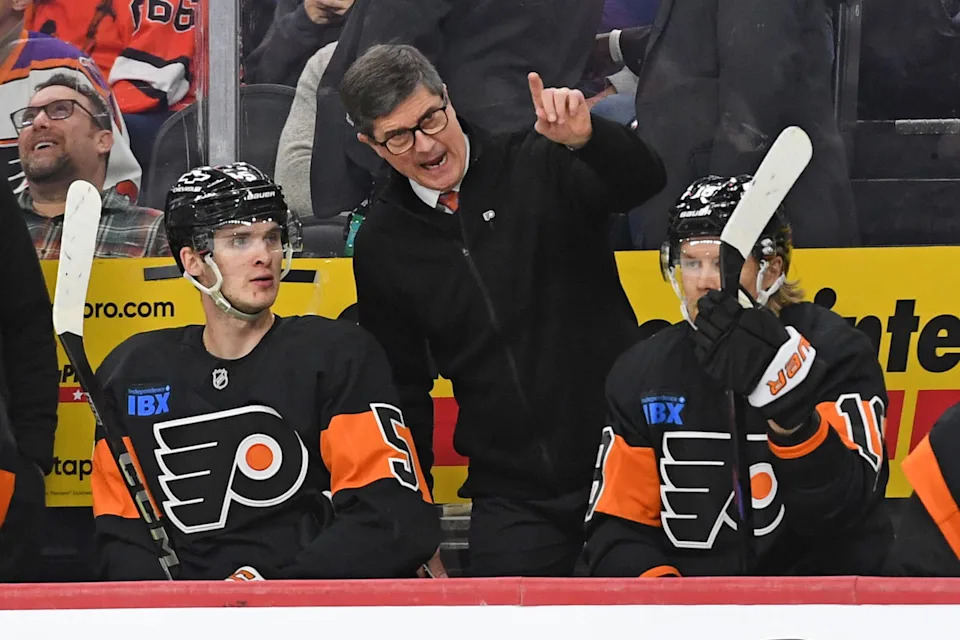

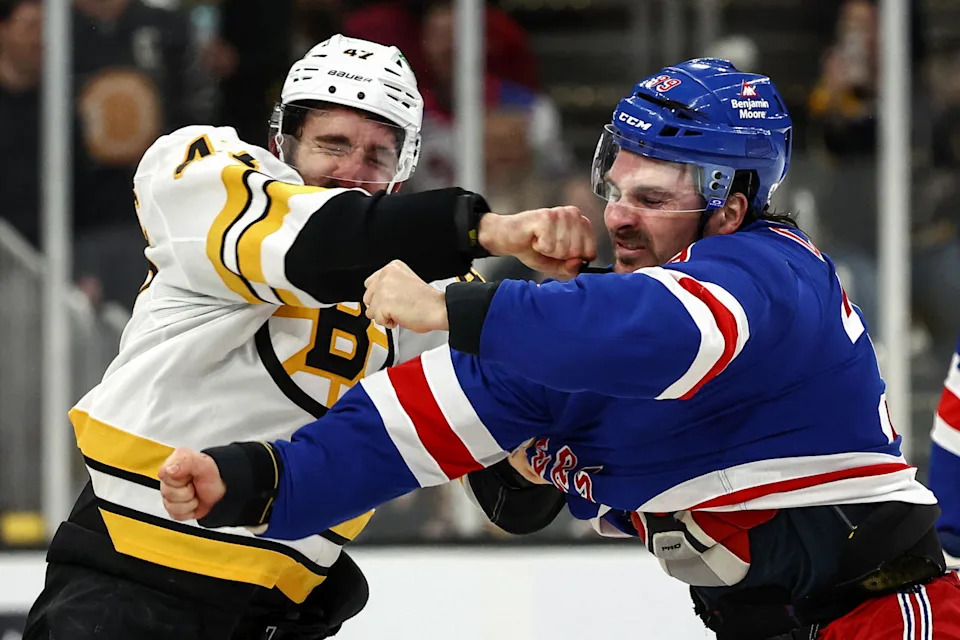
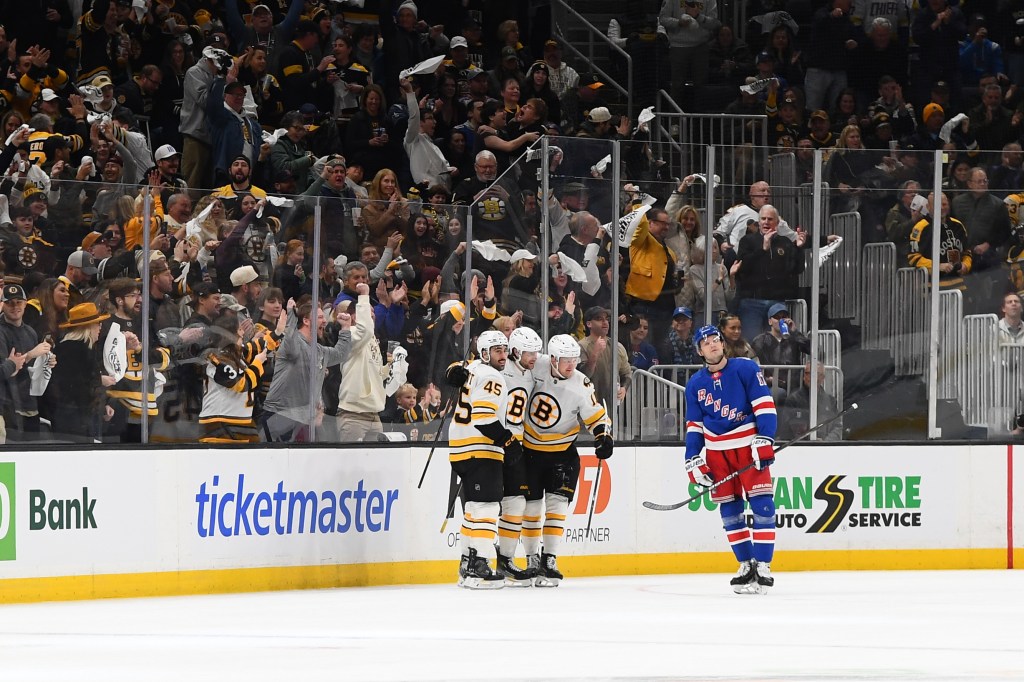
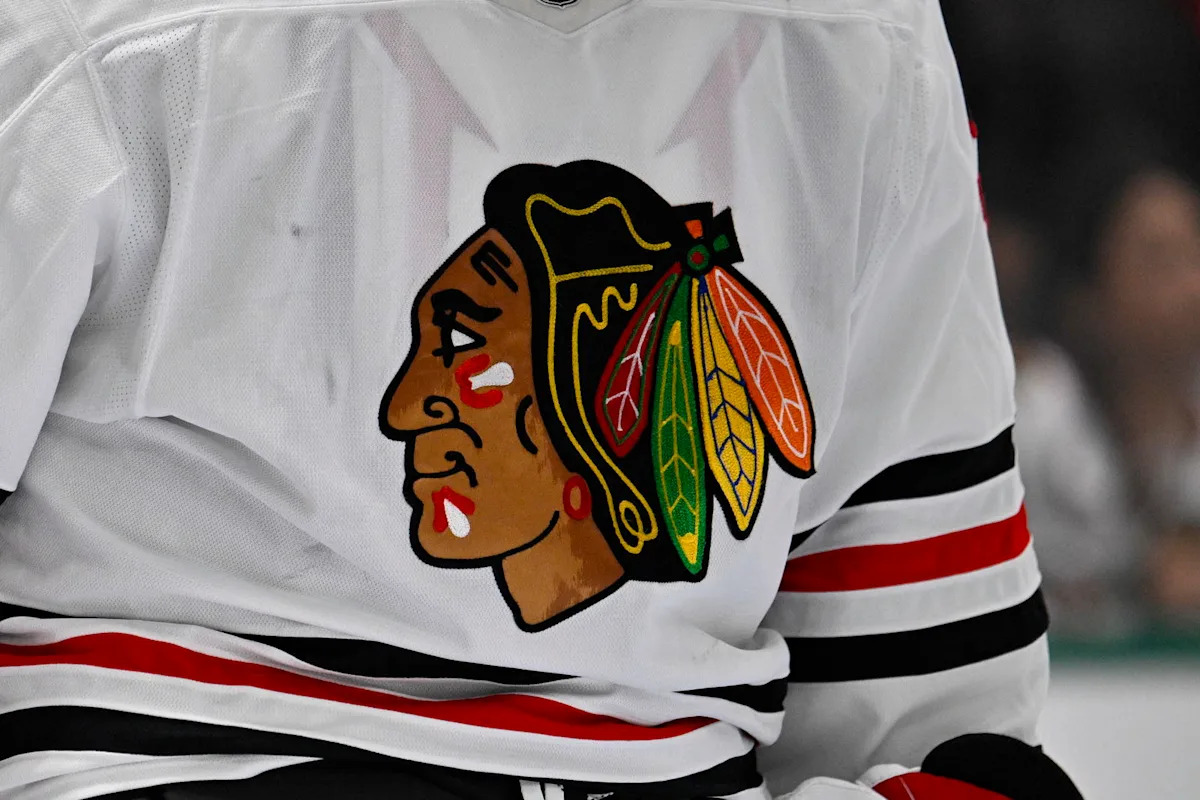






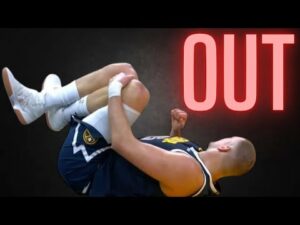





Post Comment